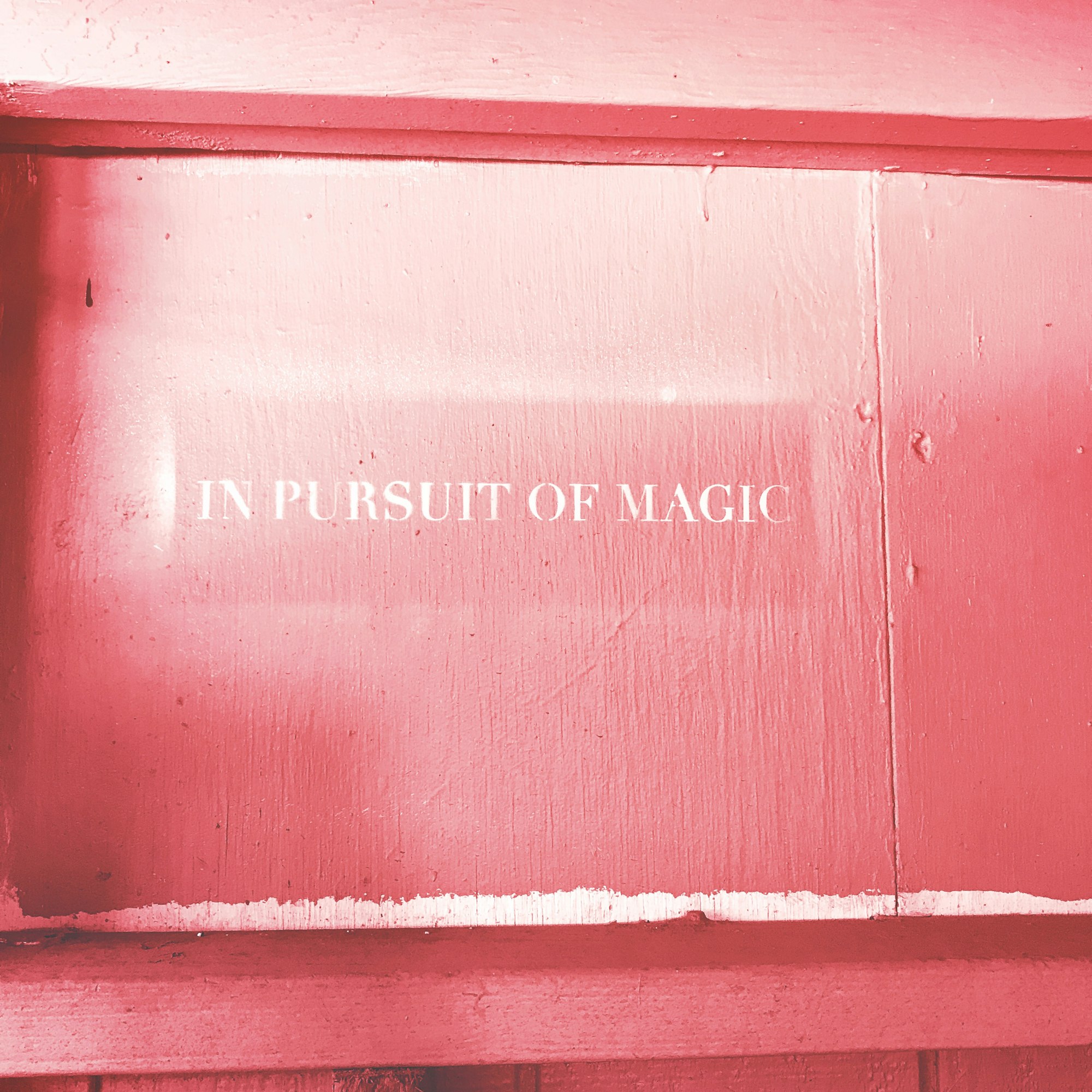When Inspiration Strikes
Pantsing (or writing without an outline), isn't for everyone. But for me, it delivers the moments of inspiration I crave.

Or: Why I'm a pantser, reason one of many!
As some of you long-term readers might know by now, I am, what they call in the writing community, a dedicated pantser. I don't outline my novels ahead of time, and often start writing a story with only a loose collection of random ideas.
It's not for everyone, but after experimenting with a handful of different techniques, I've settled on pantsing as my preferred method of writing. At least for the foreseeable future.
Because of nights like last night.
I was taking my shower, thinking about my upcoming book, Eyes of the Hidden World. I'd guess I'm a little over halfway done with the first draft of the book, and as I was thinking about what might be fun to write about the next day. I'm at a turning point in the story, and so there were a lot of different routes I could take. But to my mind, all of them were missing something - that little extra spark that makes a story go from just okay to great.
And just like that, the idea was there. A thread I'd imagined right near the start of the book but discarded because it wasn't working. Suddenly, I saw how to tie it in, and how it could enrich the whole story.
It's hard to describe those moments of inspiration. My heart beats faster, and I feel light and energetic.
I love those moments.
And what I've found, 21 novels into this strange career, is that pantsing delivers these types of moments to me at least once or twice a story.
This isn't to say that this doesn't happen to writers who outline, or that the secret to coming up with stories is sitting around forever waiting for inspiration to strike.
I believe pantsing works for me because it gives my mind two essential ingredients: time and a lack of constraint.
In a way, I've never really been a fan of the writing community distinguishing between plotting and pantsing. All of us plan our stories. Some do it months in advance with detailed notes. Others do it as they sit down at the keyboard to write. Both ends of the spectrum have their adherents, with plenty of successful examples to choose from. Many authors I know sit somewhere in the middle.
Personally, I try to have at least a decent idea of my writing for the next day before I go to bed. But that means that every night, I'm imagining what tomorrow might bring. Day after day, the process repeats itself. By the time a draft is finished, I've usually been thinking daily about the book for months, if not longer.
Too often, we view inspiration as something that happens in an instant. I disagree. When my moments of inspiration strike, it's only ever thinking about something for weeks or months. It feels sudden, but I'm sure (at least in my case), that it's the result of my brain stewing on the problem for ages.
The other benefit of pantsing is a lack of constraint. This one, I think, is a very personal reason. In the past, when I've outlined, it creates a subtle desire to make my story fit the outline. And stories rarely cooperate. Characters run off and do unexpected things. Problems arise. And when I outline, I try to solve those problems by sticking as close to the outline as possible.
I recognize it's a personal problem. I'm sure there are authors out there who can outline and still let their imaginations run wild with creative and interesting ideas. I struggle to do so. By not having any set idea of what is yet to come, I feel free to imagine whatever I choose.
And that combination of time and freedom leads to inspiration.
Which is one of my favorite parts of writing.